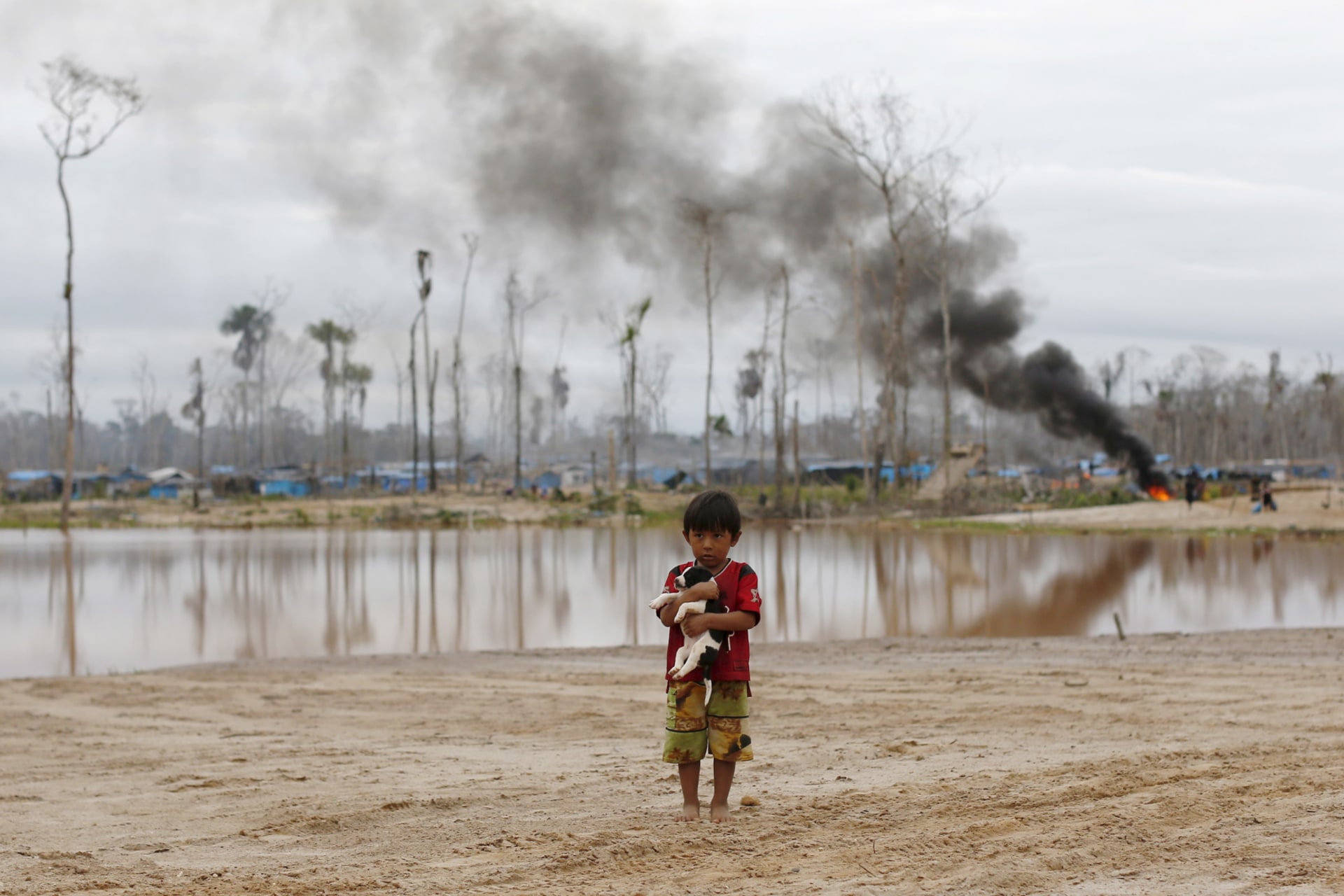How the Paris Agreement Model Could Help Ward Off the Next Mass Extinction
Biodiversity is declining faster than at any time in human history. A bankrupt biosphere, however, is not yet destiny. To reverse course, nations must take a page from the Paris Agreement on climate change and negotiate a New Deal for Nature.

By experts and staff
- Published
By
- Stewart M. PatrickJames H. Binger Senior Fellow in Global Governance and Director of the International Institutions and Global Governance Program
In my weekly column for World Politics Review, I argue that nations should negotiate a New Deal for Nature under the auspices of the Convention on Biological Diversity.
Last week, the United Nations Intergovernmental Panel on Biodiversity and Ecosystem Services, or IPBES, put out a call to arms to save endangered species and ecosystems. The body’s report, titled “Global Assessment Report on Biodiversity and Ecosystem Services,” was based on the work of hundreds of scientists and thousands of scientific studies. It warned that no fewer than a million animal and plant species are at risk of extinction around the globe. “Biodiversity is declining faster than at any time in human history,” the report lamented—and humans are to blame.
We have long taken the innumerable goods that nature provides for granted—from fresh water to clean air to pollination. By continuing to deplete these natural capital assets, we not only despoil our planetary home but ensure a bleak future for our children. We beggar ourselves, our neighbors and our descendants. A bankrupt biosphere, however, is not yet destiny. The world can still reverse course. To do so, nations must take a page from the Paris Agreement on climate change. They need to negotiate a New Deal for Nature under the auspices of the Convention on Biological Diversity, or CBD—one that combines a multilateral commitment to broad targets with concrete national pledges tailored to the individual circumstances of each member state.
Read the full World Politics Review article here.